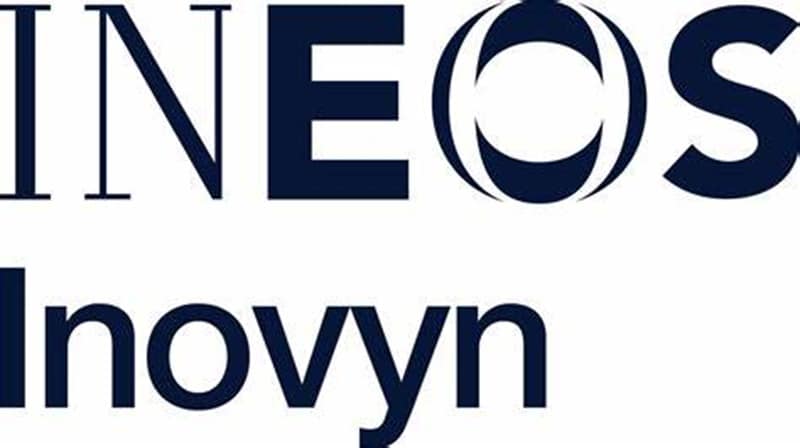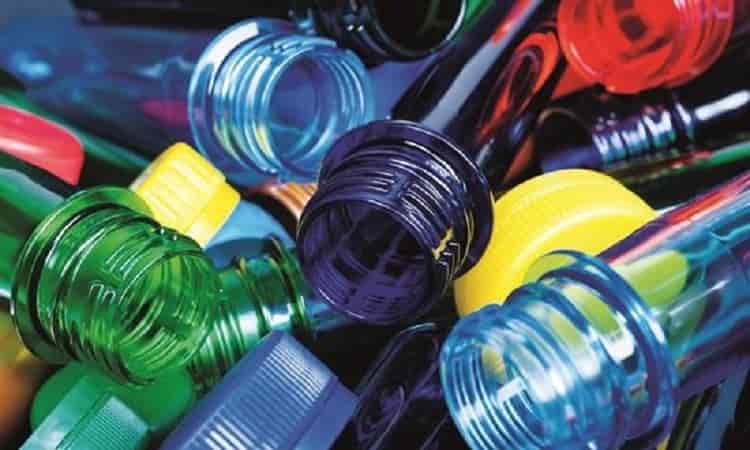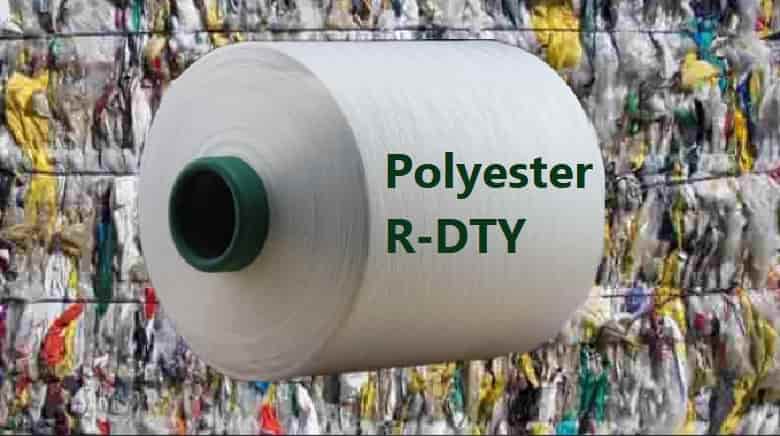PET Bottles – Trillium Renewable Chemicals, based in Knoxville, Tennessee, has partnered with INEOS Nitriles to launch a pioneering demonstration plant at the Green Lake facility in Texas 10-06-2024
PET Bottles
- PET Resin – Bioplastics as toxic as regular plastics; both need regulation, say researchers 03-06-2024
- New enzyme technology for environmentally friendly plastic recycling
PET Bottles
Chemical and Physical Recycling: Pivotal for Achieving the Green Deal and a Circular Economy
The Renewable Carbon Initiative (RCI) has released a position paper emphasizing the critical role of chemical and physical recycling in achieving the Green Deal’s goals and fostering a circular economy. These recycling methods are vital for the ecological transition, allowing for the retention of carbon within plastics and contributing to the circular economy’s scalability and volume requirements. They provide a solution for processing waste that cannot be mechanically recycled, diverting it from incineration or landfill and keeping it within the material cycle. PET Bottles
Synergy Among Recycling Methods
Mechanical, physical, and chemical recycling methods are complementary, each suited to different waste stream compositions, sorting requirements, and economic considerations. They vary in their input requirements, output quality, and quantity, but together they form the backbone of a robust carbon management strategy. This strategy is essential for creating sustainable carbon cycles and moving away from fossil-based resources in the chemical industry.
To harness the full potential of chemical and physical recycling, substantial investments and a supportive policy environment are necessary. PET Bottles
Requirements for Maximizing Recycling Potential
The RCI’s position paper outlines eleven key actions to stimulate demand, encourage investment, and enhance technology in the field of recycling. These actions range from widespread acceptance of recycling technologies to specific policy measures like mandatory recycled content quotas, clear recycling rate calculations, and the integration of mass balance approaches. The paper also calls for faster approvals for new recycling facilities, broader recycling infrastructure beyond packaging, and financial incentives such as CO2 pricing adjustments. PET Bottles
A Pragmatic and Flexible Approach
The RCI advocates for a pragmatic stance on recycling, recognizing that while closed-loop systems are ideal for sectors like packaging, textiles, and automotive, flexibility is crucial. This flexibility allows for the cross-sectoral use of waste streams, optimizing environmental and economic outcomes.
Towards Comprehensive Carbon Management
Chemical and physical recycling are not just recycling methods; they are integral to comprehensive carbon management. This approach extends beyond merely reducing CO2 emissions—it involves a shift from fossil-based raw materials to renewable sources like biomass and recycled CO2. PET Bottles
It aims to use renewable carbon as efficiently as possible, especially in areas where carbon usage is essential, such as in the production of chemicals and plastics.

Trillium Renewable Chemicals, based in Knoxville, Tennessee, has partnered with INEOS Nitriles to launch a pioneering demonstration plant at the Green Lake facility in Texas
This collaboration, known as “Project Falcon,” aims to transform plant-derived glycerol into acrylonitrile, a crucial component for industries and carbon fiber production. INEOS, a leader in petrochemical manufacturing, will host the project at its Green Lake site, the largest acrylonitrile production location in the U.S. PET Bottles
Corey Tyree, CEO of Trillium, expressed excitement about the partnership, highlighting it as a significant advancement in commercializing their sustainable technology. Trillium’s innovative process promises a greener alternative to traditional acrylonitrile production, aligning with the increasing demand for eco-friendly materials.
The initiative follows Trillium’s successful $10.6 million Series A funding and a $2.5 million grant from the U.S. Department of Energy. These financial boosts enabled the construction of a pilot plant that has already produced acrylonitrile from glycerol. The pilot operations not only supplied product samples to customers but also offered valuable insights for the design of Project Falcon. PET Bottles
Hans Casier, CEO of INEOS Nitriles, reaffirmed their commitment to sustainability and reducing the industry’s carbon footprint. The operation of Project Falcon, set to begin in early 2025 and run until early 2026, will focus on validating the economic viability and environmental benefits of large-scale sustainable acrylonitrile production. The project’s success will be measured by achieving key performance indicators, such as plant uptime and equipment functionality, ultimately aiming to become a qualified supplier of bio-based acrylonitrile



